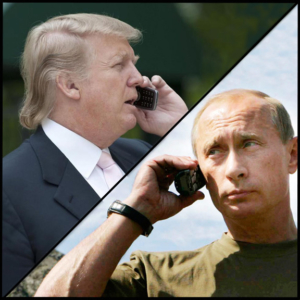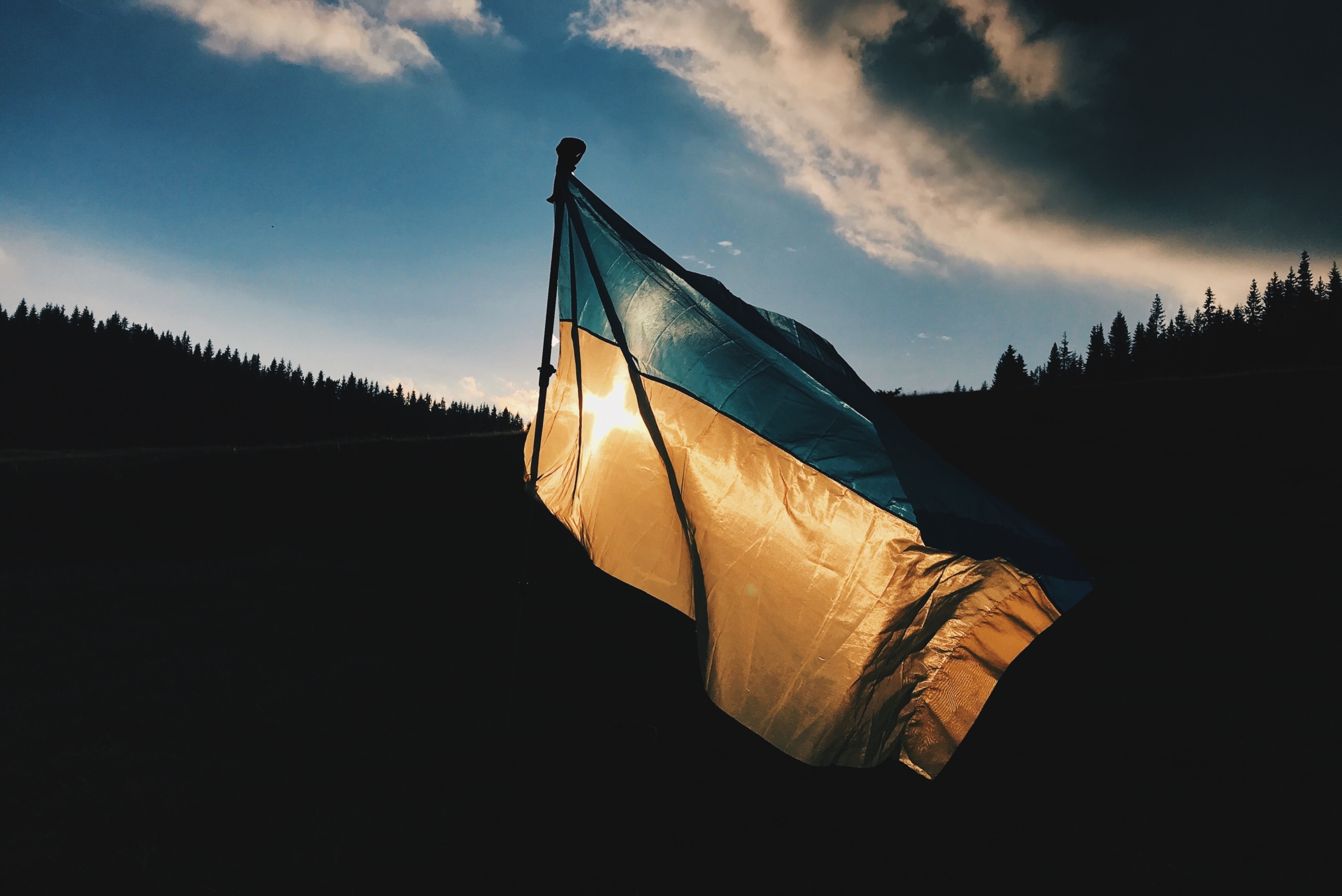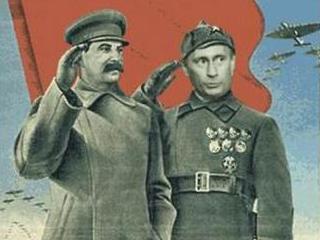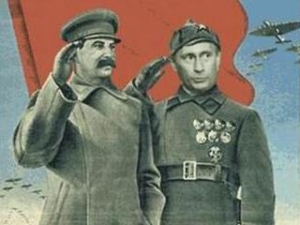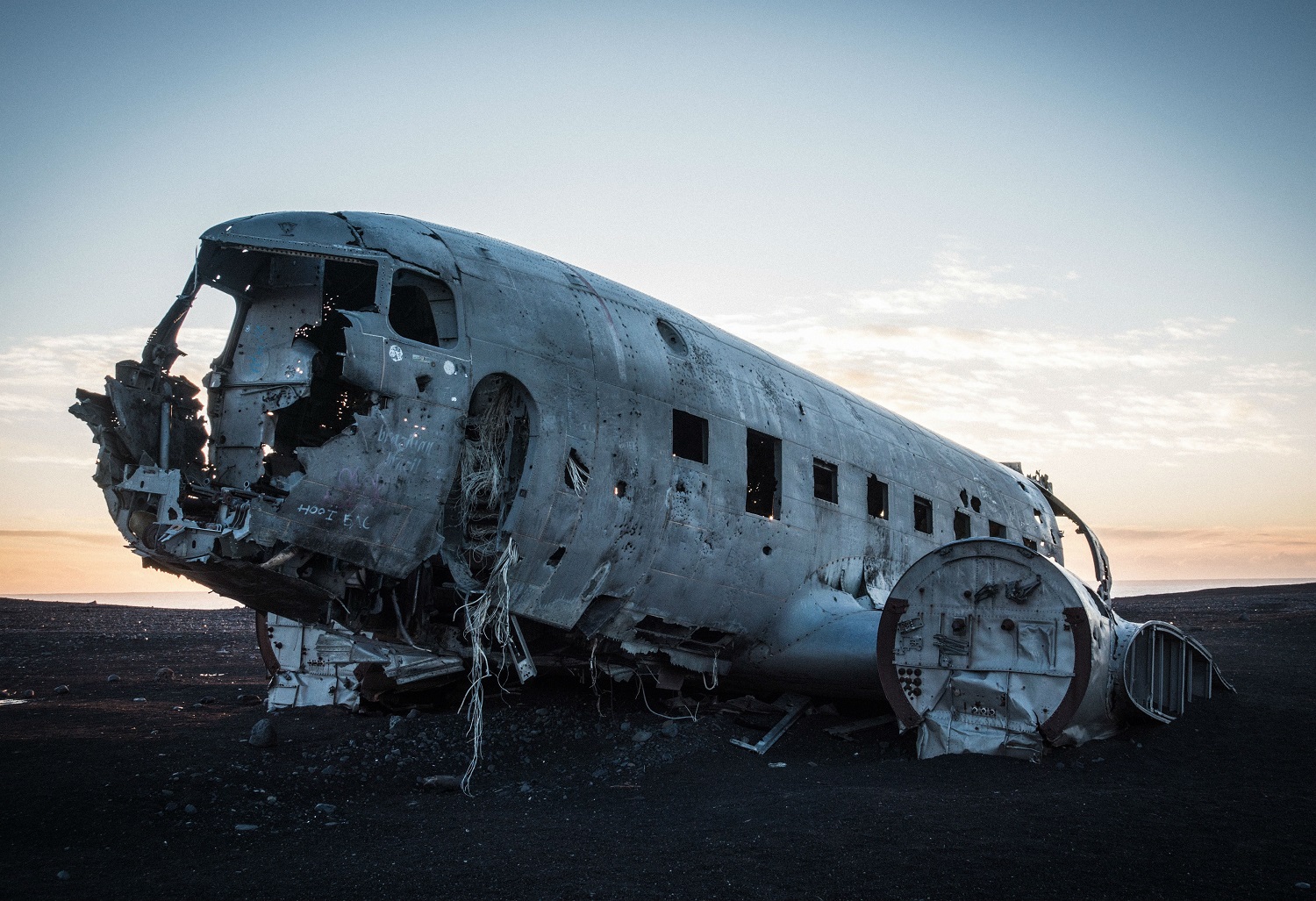John Bolton and the MIHOP Gambit
[NB: check the byline, thanks. /~Rayne]
Let me throw a minority report opinion at you, based on this video, first released on YouTube two days before the FBI served a dawn warrant on John Bolton’s home:
Bolton’s general opinion about Trump’s transactional approach to international relations certainly isn’t new.
But Bolton spent more than 12 minutes airing out his opinions on Trump’s handling of Russia, Ukraine, India-Pakistan, and tariffs.
He also shared his opinion that Trump’s so-called “list of accomplishments” is Trump trying to accrue to obtain a Nobel Peace Prize.
Trump’s handling of the India-Pakistan conflict in May earned an ego-fluffing nomination for a Nobel from Pakistan in June.
US support of Israel’s bombing of Iran in July, supported by Bolton, makes the nomination a joke as does continuing US support of Netanyahu’s genocidal handling of Gaza.
These conflicting approaches to international relations may pose leverage for Putin to pressure Trump on Ukraine, using Trump’s narcissistic desire for a Nobel Peace Prize — a prize former president Jimmy Carter, vice president Al Gore, and the first Black American president Barack Obama have been awarded. Bolton doesn’t make this point but he does say Putin is manipulating Trump.
Bolton’s criticism of Trump isn’t limited to the video above, or his remarks in his 2020 book, In The Room Where It Happened. Bolton has been interviewed by many outlets here and abroad during which his criticisms are laid out and only growing as Trump continues to flog his erratic and transactional foreign policies. Here are a sampling of interviews with Bolton:
John Bolton, whom Trump described as “a very dumb guy”, is worried about Taiwan
60 Minutes Australia, May 4, 2025
Putin Will ‘Take Advantage’ Of Trump Meeting: Fmr. Nat’l. Security Adviser John Bolton
NewsNation via The Hill, August 8, 2025
Trump is in rush to get deal done: John Bolton on Russia-Ukraine talks
Elizabeth Vargas Reports, NewsNation, August 18, 2025
‘Sanctions Don’t Prohibit What India Did’: Ex-Trump NSA John Bolton On U.S. Tariffs On India
Hindustan Times, August 21, 2025
In this excerpt from the Hindustan Times interview above:
10:34 [MATTOO] You know Ambassador Bolton, if I could bring you back to that question of trust uh moving forward in uh the partnership with America. Lots of commentators over the years in India have been skeptical about the relationship with the United States. They’re saying that look this is a country that fundamentally has a lot more leverage than we do. That’s the question you know do you have the cards and the the sense that there is in India is that yes America is willing now to use its leverage in a way that is coercive, is extremely transactional, uh, and is in some ways brutal.
And you’ve seen President Trump speak very appre, in a very appreciatory tone about tariffs, saying that we’re willing to use it time and again for our foreign policy instruments. There’s a sense that defense technology could be something that America uses as well. And for example, our fighter jet uh something like General Electric fighter jet engines which India is co-developing with the United States to use for our fighter jets is something that India took a significant leap of trust in the United States to develop that partnership uh after years and years as you might be familiar with of suspicion about Washington.
What do you think what has happened over the last couple of weeks does to trust in the relationship? And if you’re speaking to an Indian audience as you are now, how do you pitch to them that the American relationship is one that they should still rely on, should still work on, should still continue to develop?
11:45 [BOLTON] Well, unfortunately, what Trump has done on the tariffs generally uh is destroy uh decades of effort with India, but with a lot of other countries as well uh to build up good faith and trust and reliance on the United States and uh it will take time to repair that. That’s that’s the unfortunate reality. But but here’s where I think it’s important to understand that Trump is aberrational. I don’t know anybody else uh Republican or Democrat who ran for president, let’s just say in 2024, who if elected would behave anything like this. Trump’s doing a lot of things domestically in the United States that are cause for great concern for us as well. And I don’t know any other candidate from 2024 who would do that.
12:30 [BOLTON] Uh, Trump doesn’t have a philosophy. Uh so I think ultimately there’s no legacy for him to leave to his successors, whoever they might be. Uh and I believe that the uh the uh the the force of his personality inhibits a lot of people from speaking up, but that doesn’t mean they agree with what he’s doing. That’s very unfortunate in my view.
12:52 [BOLTON] But I think the uh the the the true strategic sense here uh particularly for a country like India with its assets and capabilities and uh and threats that it faces right on its own border uh is is just to take a deep breath and remember that the world’s going to last longer than the next three and a half years. And uh it’s not pleasant to go through this. I’m not not going to try and persuade anybody of that. But uh but our objective should be to keep the damage to the relationship uh at a minimum uh and then to think about how to repair it as quickly as we can thereafter because I think that when Trump walks off the stage uh he will take almost uh the bulk of this history with him.
(emphasis mine)
Bolton calls Trump “aberrational” or an “aberration,” but this is not the only time Bolton has done so. He did so in June 2020 when interviewed by ABC News, in an interview for NPR in August 2023, in March this year in a tweet from his own Xitter account, and in the India Today video (11:52) featured above.
While criticizing Trump and his foreign policy (or lack thereof), Bolton makes a point of calling Trump an aberration so often through so many media outlets that it seems like a campaign slogan.
In the Hindustan Times Bolton also noted Trump’s repression of free speech critical of his geopolitics. Bolton had to know that he would face more aggressive tactics by the Trump administration to squelch his criticism.
But what if this was the point? To egg Trump on with repeated critical comments Bolton knew from experience would hit a nerve with Trump, to goad him into attacking Bolton?
What if Bolton made it — the investigation into him including the raid on his home yesterday — happen on purpose? In other words, a MIHOP gambit?
If so, what are the next moves by Bolton and Trump?
~ ~ ~
During the February 5, 2020 hearing before the House Committee on the Judiciary, there were a couple questions asked of then-FBI Director Chris Wray mentioning John Bolton by name. First, committee chair Rep. Jerry Nadler (D, NY-12):
Chair Nadler. Okay. Now, recent reporting suggests that the
President plans to seek payback against those individuals he
believes crossed him during the impeachment proceedings. I am
sorry to have to ask. Has the President, the Attorney General,
or any other Administration official asked the FBI to open an
investigation into Joe Biden, Hunter Biden, John Bolton, or any
Member of Congress?
Mr. Wray. Mr. Chair, I have assured the Congress and I can
assure the Congress today that the FBI will only open
investigations based on the facts, law, and proper predication.
Chair Nadler. I understand that, and I assume that it is
correct that neither the President, the Attorney General, or
any other Administration official has asked the FBI to open
improper political investigations?
Mr. Wray. No one has asked me to open an investigation
based on anything other than the facts, law, and proper
predication.
Later in the hearing, Rep. Joe Neguse (D, CO-02):
I want to give you an opportunity to clarify earlier part
of your testimony. The Chair had asked a question, and I think
there was some confusion around your answer. So, with respect
to a recent article that alleges that the Administration may be
attempting to initiate political investigations or politically
motivated investigations, rather, into their political
opponents, has the President, the Attorney General, or any
Member of the Administration asked you to initiate an
investigation into John Bolton?
I am not asking whether or not that request would be
improper or proper or whether or not if such a request was
made, if you have initiated such an investigation. I am simply
asking if they have asked you to do so.
Mr. Wray. I understand why you’re asking the question, and
I would just tell you my commitment to doing things by the book
includes not talking about whether any particular investigation
does or does not exist. You shouldn’t read anything into that.
That’s not a hint that anything is happening. It’s just I don’t
think that’s a question that I can responsibly answer if I’m
going to be faithful to my commitment to doing things by the
book.
Mr. Neguse. Well, we appreciate–
Mr. Wray. I will tell you, as I said to the Chair–I will
tell you, as I said to the Chair, that no one has asked me to
open any investigation on anything that’s not consistent with
the facts, the law, and proper predication.
Mr. Neguse. I would just say, Director Wray, with all
respect, as you could probably imagine, these questions, both
the question the Chair posed and the question that I posed, are
not academic or esoteric for us. Seven months ago, Special
Counsel Mueller sat in the same chair that you are in, and we
all know now, that the very next day, the President had his
infamous call with the President of Ukraine, in which he sought
foreign interference in our elections. Of course, as you know,
in just a few hours, the Senate will render judgment in the
impeachment trial of the President.
So, one can ask reasonable questions as we read these
reports that we just over the course of the last few days as to
potentially what other actions this Administration might take.
So, again, I appreciate your earlier answer, and I want to move
on to a different topic, which is election interference.
There was an article just a few weeks ago in the New York
Times, and I would ask for unanimous consent to enter it into
the record. “ `Chaos Is the Point’: Russian Hackers and Trolls
Grow Stealthier in 2020,” by Matthew Rosenberg, Nicole
Perlroth, and David Sanger of the New York Times.
[The information follows:]MR. NEGUSE FOR THE RECORD
==========================================
[GRAPHICS NOT AVAILABLE IN TIFF FORMAT]Mr. Neguse. In the article, there are a couple of
references to new developments in terms of the way in which
Russian actors, the intelligence apparatus is engaging in
disinformation in attempted interference in our elections. I
wonder if you could comment about two in particular? I will
just quote.“One of the two Russian intelligence units that hacked
into Democrats in 2016, `Fancy Bear,’ has shifted some
of its work to servers based in the United States in an
apparent attempt to thwart the NSA, which is limited to
operating abroad. Also, the trolls at the Internet
Research Agency are trying to exploit a hole in
Facebook’s ban on foreigners buying political ads,
paying American users to hand over personal pages and
setting up offshore bank accounts to cover their
financial tracks.”I wonder if you could expand in greater detail on both of
those two issues and how the FBI, I guess, is addressing both
of those developments.
Mr. Wray. So, certainly, I appreciate the interest. I think
I’d have to be pretty careful about how much detail I could
provide in an open hearing. I would say that we believe–we
assessed that the Russians continue to engage in malign foreign
influence efforts of the sort that I was describing before–
fake personas, trolls, bots, state-sponsored media, the whole
gamut in the bag of tricks.
We also assessed that just like any sophisticated actor,
that they continue to refine their approach. We saw that from
2016-2018. We’ve seen it from 2018 moving forward. Happily,
we’re refining our approach, too, and we’re trying to stay
ahead of it.
(emphasis mine)
In 2020, during Trump’s first administration, neither the Trump DOJ nor the Democratic Party-led House launched investigations into John Bolton as Trump’s NSA, and in the FBI’s case, did not launch an investigation based on politics into Bolton.
Trump has now overseen a massive purge of intelligence and security personnel, many of whom share one or two things in common: they were involved in investigations in which Trump was a central figure, or they were involved in investigations related to Russia.
How will the Trump administration justify investigating Bolton now when his first administration didn’t appear to have done so? What’s Team Trump’s next move? What about Bolton’s?

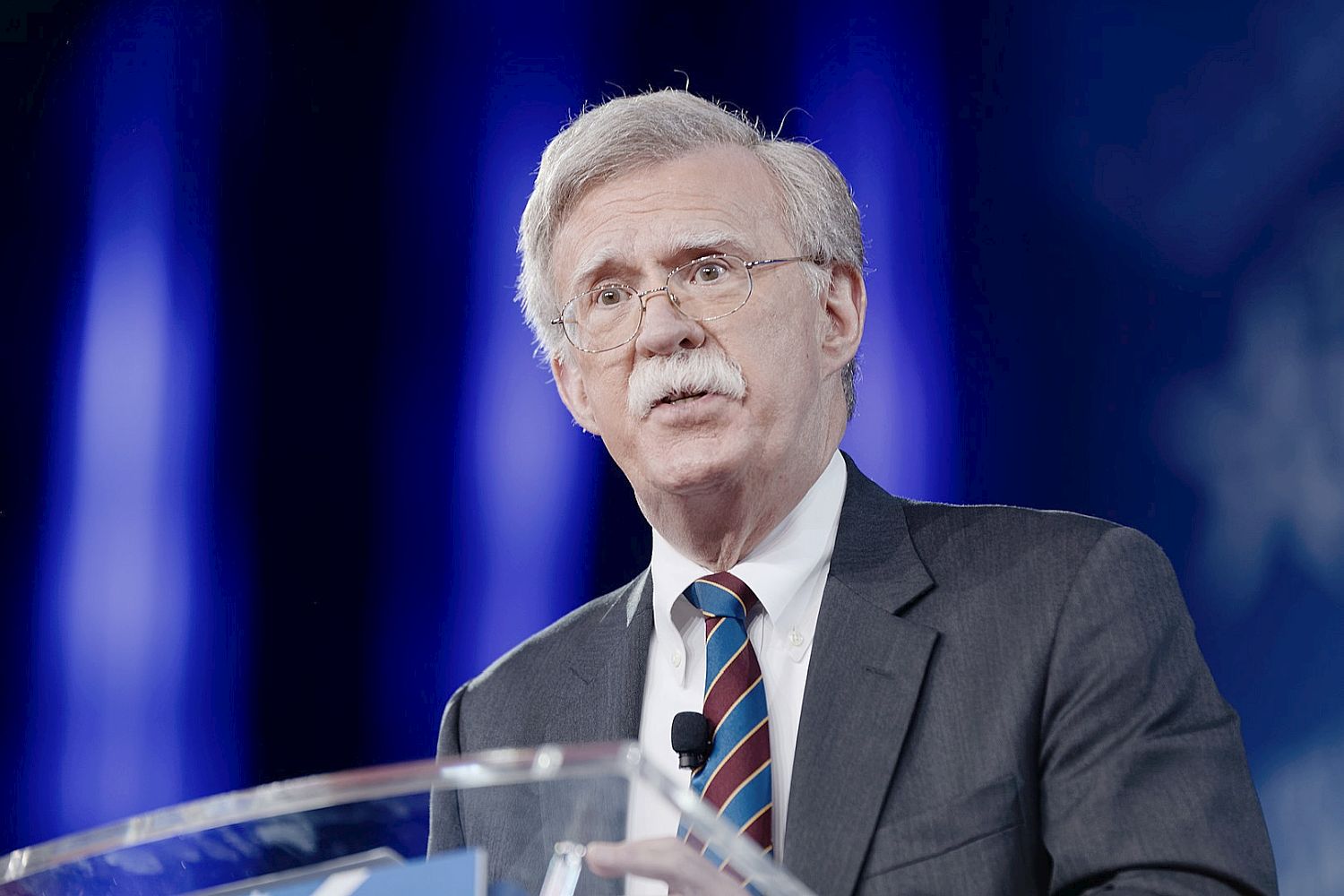
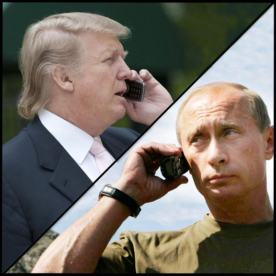 Public domain
Public domain